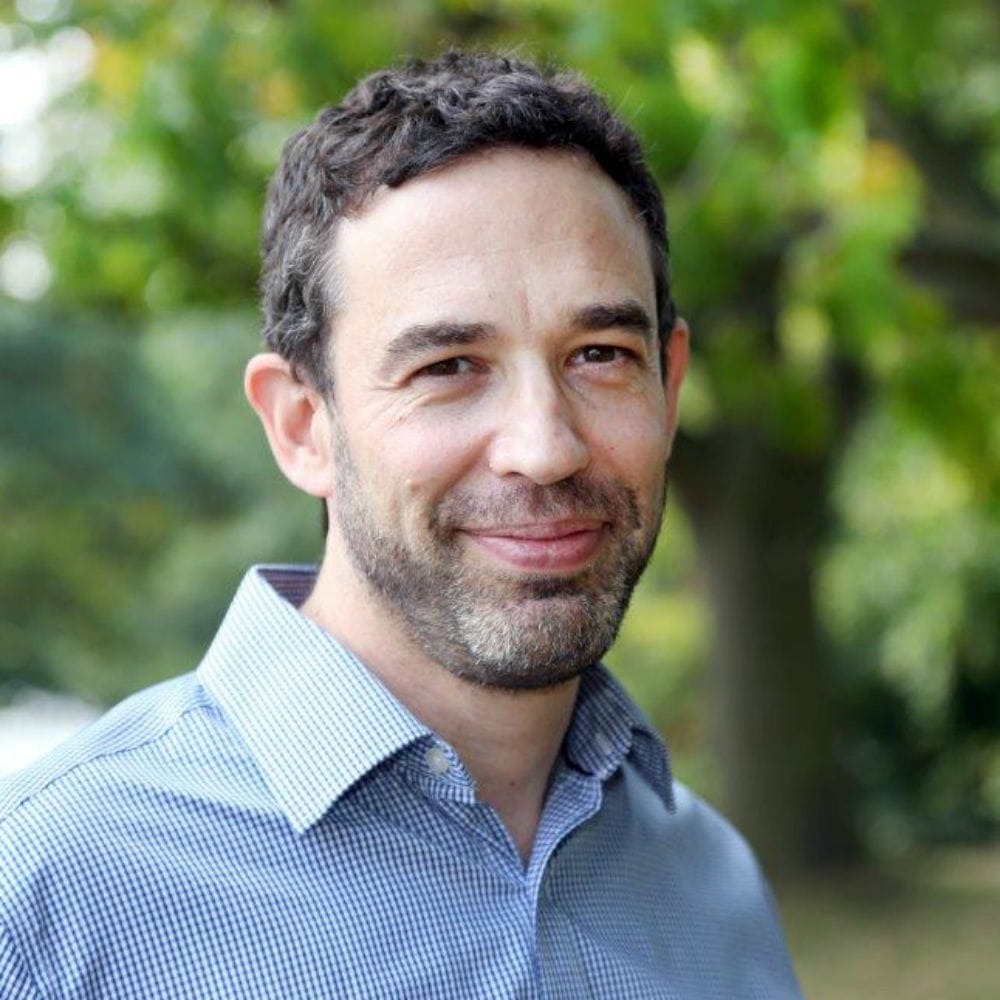Professor Noam Lubell is the Director of the Essex Armed Conflict and Crisis Hub. Here, he explores our multidisciplinary approach to understanding armed conflict and crisis across the world.
From Syria and Yemen, to the Central African Republic and the Philippines, armed conflicts and crisis plague our world.
Some crises receive our full attention, while other, equally tragic situations, are rarely reported in the west. Meanwhile the bloodshed and suffering is staggering.
In the Democratic Republic of Congo alone there have been an estimated five million conflict-related deaths, over 800,000 refugees and an estimated 4.5 million displaced people.
Efforts to alleviate the suffering must rest on solid foundations, guided by clear principles, and administered through effective organisations, all things we at Essex excel in.
Our role in ending the suffering
For decades, experts in our Human Rights Centre have been working together on issues of conflict and crisis, but 2019 marks step-change.
Today they are collaborating in a new, multidisciplinary Essex Armed Conflict and Crisis Hub which has one of the largest collections in the world of experts working in this field. Through research, teaching and practice we can make a global difference.
The breadth of Essex expertise
Our members are engaged in the study of how unrest develops into crisis. They work on issues such as the role of media and journalistic practices in conflict and transition to democracy, the dynamics of authoritarian regimes, and the history of conflicts and their impact on societies. We also have members working on issues such as social work practice in times of conflict.
The legal regimes regulating conflict and crisis and providing protection to victims of war are paramount. When laws of armed conflict are violated, it is of crucial importance to conduct effective investigations to uncover the truth and ensure accountability.
Our members work to achieve this. They are holding major powers accountable for inadequate investigations, and leading a project to create new international guidelines for conducting investigations with the Geneva Academy of International Humanitarian Law and Human Rights and the International Committee of the Red Cross.
Equally, we work with partners in the field focusing on the protection of refugees and internally displaced persons, and providing care for those affected. Our members also have particular expertise in relation to specific conflicts and regions, including the implementation of humanitarian law in Africa, and building peace in Colombia.
States are not the only major players affecting the unfolding of armed conflicts. Armed conflicts often involve non-state actors, and one of the difficult issues we work upon is the human rights obligations of armed groups, and the impact of business and corporate actors. New technologies too are beginning to affect the practice of conflict and we engage in analysis and projects on topics such as cyber-attacks, use of autonomous weapons, and enhancement of humans to create ‘super soldiers’.
Our education that makes change possible
We provide training and advice, to the military, governments, non-governmental-organisations, and courts, bringing our academic expertise, and breadth of research, to life through practical application.
Our new LLM in International Humanitarian Law, one of very few degrees in the world focused on the international legal protections offered during armed conflict and acute crisis, means Essex graduates will affect change for decades to come.
Our excellent education, with the practical opportunities to apply that learning such as through the Digital Verification Unit, or the Rule of Law in Armed Conflict Project (RULAC) with Geneva Academy, or the Pictet competition (of which our students are the reigning international champions), mean Essex students receive an unrivalled experience.
The Essex Armed Conflict and Crisis Hub embodies the Essex spirit of combining theory and practice, and we are extremely excited about the further activities that can be generated through this collective endeavour.
